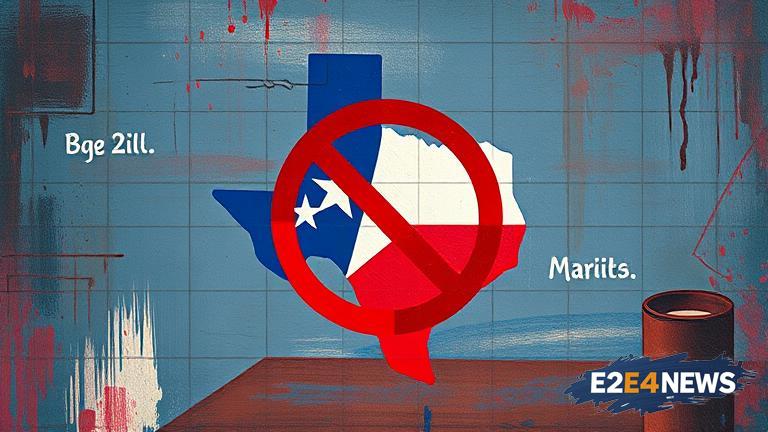Texas Governor Greg Abbott has signed a bill into law that restricts social media censorship in the state. The bill, which was passed by the Texas Legislature, aims to prevent social media platforms from unfairly removing content from their sites. Under the new law, social media users in Texas will be able to sue platforms if they believe their content has been removed unfairly. The law applies to social media platforms with more than 50 million monthly active users, which includes major platforms such as Facebook, Twitter, and YouTube. The bill’s authors argue that the law is necessary to protect the free speech rights of Texans, who they claim are being unfairly censored by social media platforms. The law has been met with criticism from some who argue that it will be difficult to enforce and could lead to a flood of frivolous lawsuits. Others have raised concerns that the law could be used to harass or intimidate social media companies into hosting content that is hateful or discriminatory. Despite these concerns, the law has been hailed as a victory by some conservatives, who have long argued that social media platforms are biased against them. The law is set to go into effect on December 2, 2021, and will be enforced by the Texas Attorney General’s office. The Attorney General will be responsible for investigating complaints of censorship and determining whether social media platforms are in compliance with the law. If a social media platform is found to be in violation of the law, it could face fines of up to $10,000 per day. The law also requires social media platforms to disclose their content moderation policies and to provide users with a clear explanation of why their content has been removed. In addition, the law prohibits social media platforms from using algorithms to suppress certain types of content, such as conservative viewpoints. The signing of the bill into law is seen as a significant victory for Governor Abbott, who has made combating social media censorship a key priority of his administration. The law is also seen as a test case for other states, which may consider similar legislation in the future. As the law goes into effect, it is likely to be closely watched by social media companies, free speech advocates, and lawmakers in other states. The impact of the law on social media platforms and their users remains to be seen, but it is clear that it will have significant implications for the way that online content is moderated and regulated. The law has sparked a national debate about the role of social media in society and the need for greater transparency and accountability in content moderation. It has also raised questions about the limits of free speech online and the balance between protecting users from harmful content and preserving their right to express themselves freely.
